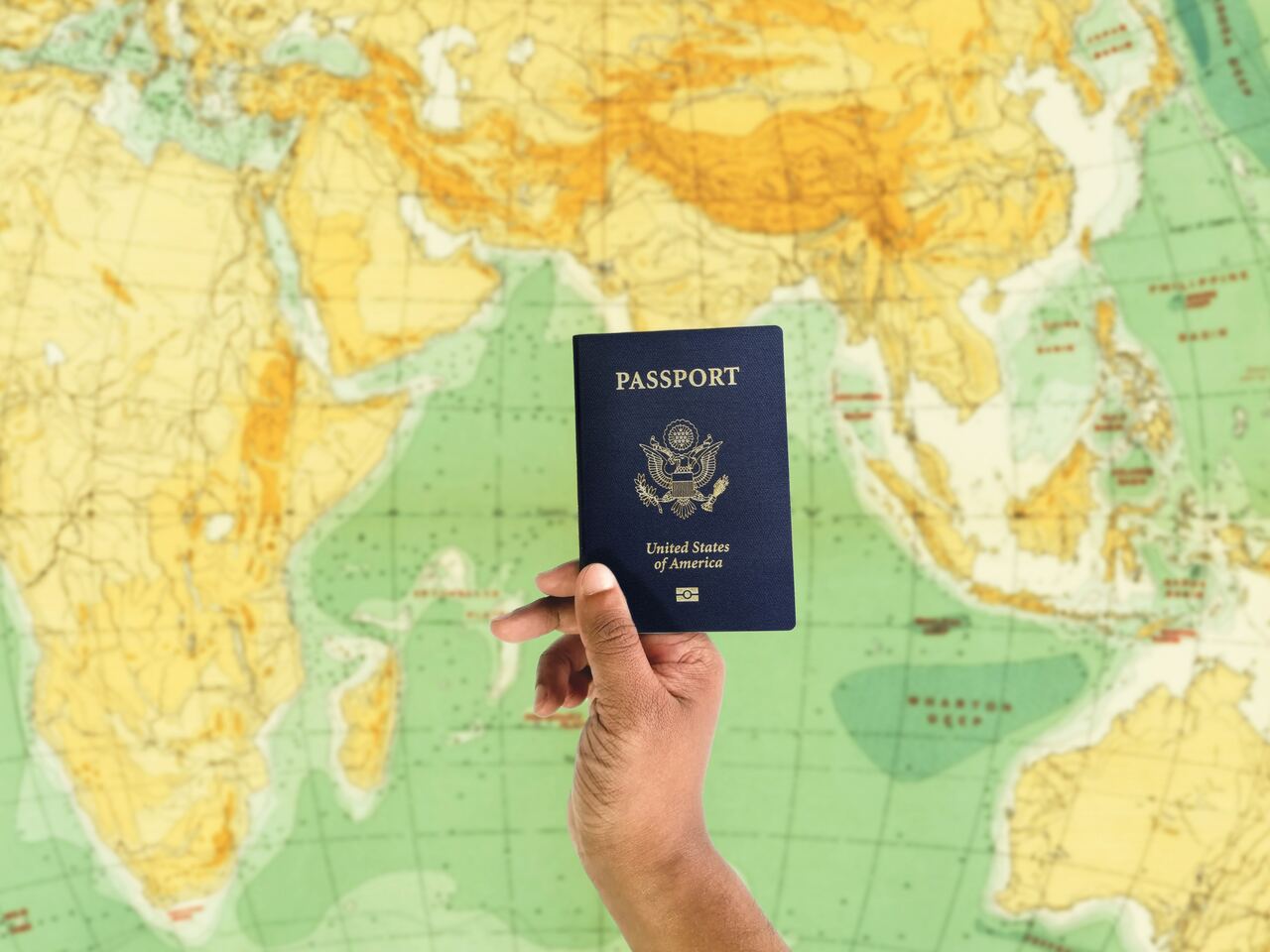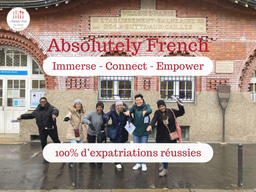Navigating Pathways to Citizenship: A Comparative Analysis Across Borders

In the age of globalization, migration has emerged as a dominant theme of the 21st century. The promise of better opportunities, quality of life, and the allure of diverse cultures has seen people cross borders in search of a place they can call home. This transition culminates in the acquisition of citizenship. However, the path to citizenship varies extensively across countries, shaped by historical contexts, political ideologies, and socio-economic needs. In this article, we'll delve deep into the intricacies of gaining citizenship in four distinct countries: the United States, Canada, Germany, and Japan, providing a comprehensive overview of their diverse approaches.
United States: The Land of Dreams
The U.S., often termed the "melting pot," has been a preferred destination for immigrants throughout history.
- Birthright Citizenship: Rooted in the 14th Amendment, anyone born on American soil is automatically a U.S. citizen, symbolizing the nation's commitment to inclusivity.
- Through Descent: Children born abroad to U.S. citizen parents may inherit citizenship, though specific conditions apply depending on when the child is born and the parents' citizenship status.
- Naturalization: This remains the most common route for many immigrants. After holding permanent residency (the green card) for a set duration - typically five years (or three years for spouses of citizens) - individuals can apply. This process involves a rigorous examination of their moral character, testing for English proficiency and knowledge of U.S. history, and culminates in the Oath of Allegiance.
- Marriage: Marrying a U.S. citizen accelerates the green card process but doesn't bypass the rigorous naturalization procedure.
Canada: The Northern Mosaic
Canada's welcoming approach to immigrants reflects in its citizenship laws, which promote multiculturalism and diversity.
- Birth in Canada: Canada automatically grants citizenship to those born on its soil, similar to the U.S., barring a few exceptions.
- Descent: Recent revisions allow the first generation born abroad to Canadian citizens to claim Canadian citizenship.
- Naturalization: Canada values the physical presence of its immigrants. Permanent residents must reside in Canada for 1,095 days within five years of their application. Moreover, the citizenship test evaluates applicants on their language skills and knowledge about Canada's history, symbols, institutions, and symbols.
Germany: A Confluence of Tradition and Modernity
Germany's citizenship laws reflect its evolving stance on multiculturalism and its historical emphasis on ethnic ties.
- Birth: Germany has gradually moved from a pure bloodline (jus sanguinis) system. Children born in Germany after 2000 to non-German parents can claim citizenship if one parent has lived in the country for eight years and has a permanent residence status.
- Descent: Traditionally, German citizenship was passed through blood. Children of German parents, even if born outside of Germany, are German citizens.
- Naturalization: After eight years of legal residency, foreigners can apply for citizenship. This process requires proof of language proficiency, financial independence, and a clean criminal record. They must also pass a citizenship test on German legal systems, society, and living standards.
Japan: The Island Nation
Japan, an island nation with a homogenous culture, has stringent citizenship laws reflecting its emphasis on cultural assimilation.
- Birth: Merely being born in Japan doesn't confer Japanese citizenship. One or both parents must be Japanese citizens.
- Descent: Children with at least one Japanese parent are automatically Japanese citizens, regardless of their birthplace.
- Naturalization: This is a rigorous process, requiring a residency of at least five years. Applicants must display moral uprightness, financial stability, and a genuine commitment to integrating into Japanese society. Crucially, Japan does not recognize dual citizenship; hence, naturalized citizens must renounce their original nationality.
The Underlying Philosophies
Beyond the procedural nuances, it's essential to understand the philosophies guiding these citizenship policies:
- Jus Soli vs. Jus Sanguinis: While the U.S. and Canada largely follow the "right of the soil" (jus soli), emphasizing birthplace, Germany and Japan have historically prioritized the "right of blood" (jus sanguinis), focusing on parentage.
- Integration vs. Assimilation: Canada's policies, emphasizing multiculturalism, lean towards integration, allowing immigrants to retain their cultural identities. In contrast, Japan's stringent requirements highlight an assimilation approach, ensuring that newcomers fully adopt the Japanese way of life.
- Economic Considerations: Often, countries tailor their citizenship policies to address economic needs. For instance, the U.S. and Canada's pathways for skilled professionals and investors reflect their desire to attract talent and capital.
Challenges and Criticisms
While each country's policies have merits, they are not without criticism. For instance:
- The U.S.'s birthright citizenship has been debated for potentially encouraging "birth tourism."
- Canada's relatively relaxed policies have been scrutinized for potential security risks.
- Germany's struggle with integrating its Turkish minority has been attributed to its earlier restrictive citizenship laws.
- Japan's stringent policies have faced criticism in the context of its aging population and the need for younger workers.
The journey to citizenship, regardless of the destination, is transformative. It's a blend of administrative processes, cultural assimilation, and personal commitment. Each country's policies offer a unique lens into its societal values, historical experiences, and visions for the future. As migration trends evolve, these pathways will continue to be redefined, echoing the dynamic interplay between identity, belonging, and nationhood.





Please sign in or register for FREE
Sign in OR sign up to become a registered The Forum for Expatriate Management website user
Subscribe here